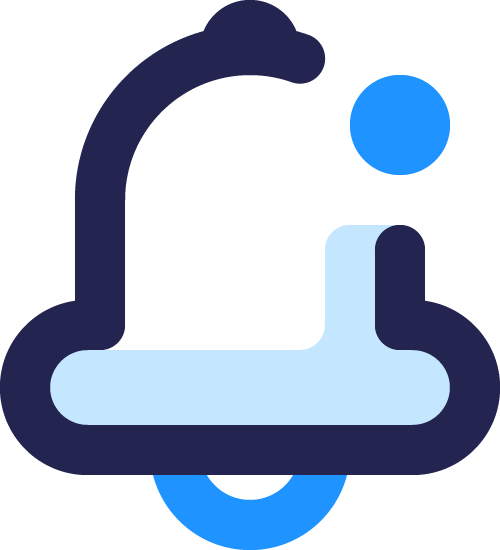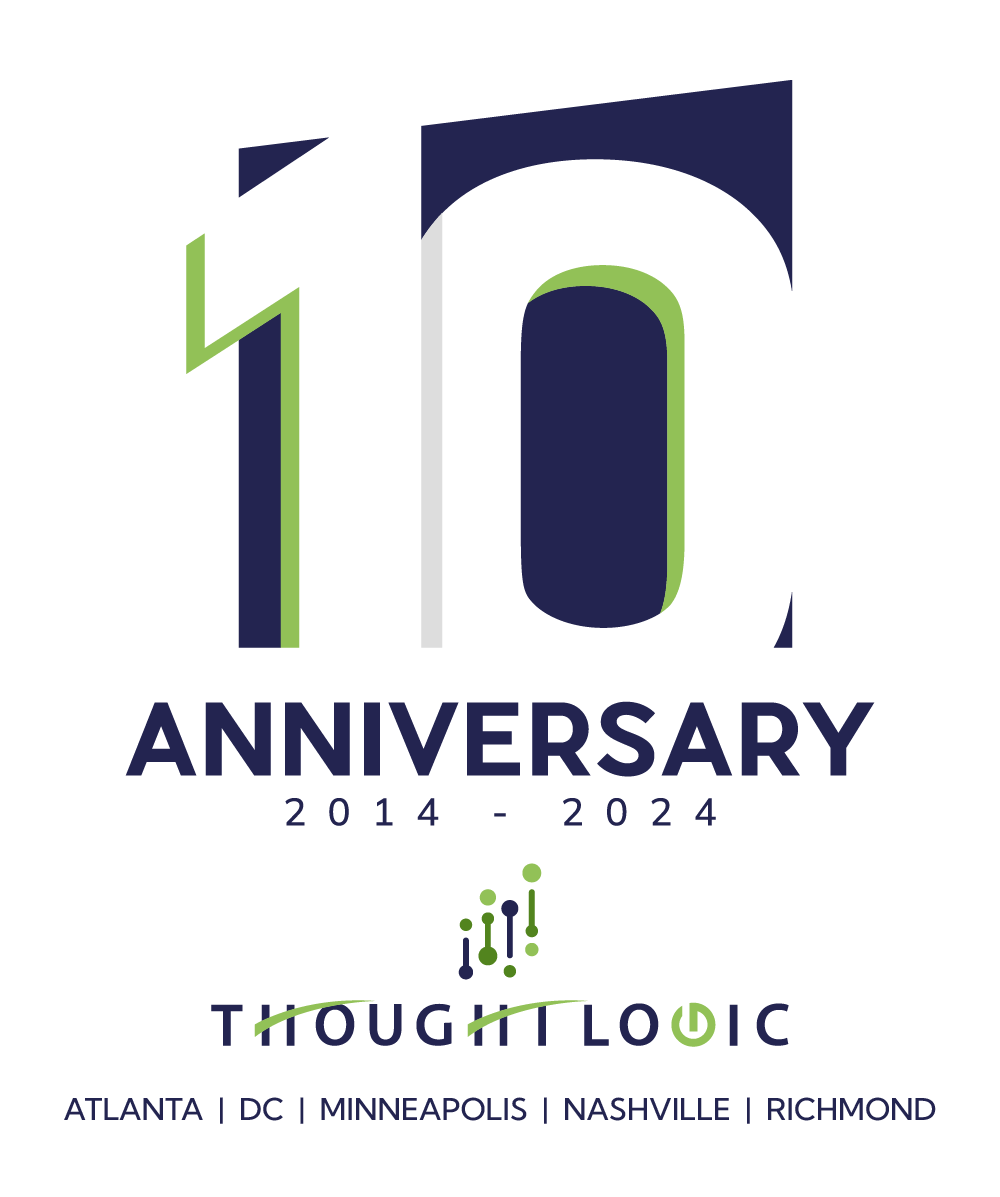The Data Team Dilemma: Where Does it Truly Belong?
In today’s data-driven world, organizations recognize the immense value of leveraging data to enable end users, drive strategic decision-making, improve operational efficiency, and gain a competitive edge. As a result, establishing dedicated data teams within companies or having them spread across an organization has become increasingly common. Choosing the best location and structure for the data function in an organization is an important decision, as it can have significant impacts.
The three most commonly found data structures in businesses are centralized, decentralized, and hybrid—each with its own advantages and considerations. Centralized data functions consolidate all data-related activities under a single organizational unit, offering streamlined governance, efficient resource allocation, and cross-functional collaboration. In contrast, decentralized data functions distribute data responsibilities and resources among different departments or business units, providing contextual expertise, agility, and customized solutions. The hybrid function combines elements of both centralized and decentralized data structures, providing scalability, standardization, departmental autonomy, and collaboration.
It is important to note that no one-size-fits-all solution for data structure exists. Factors such as organizational maturity, data accessibility, culture, resource availability, regulatory requirements, and scalability should be carefully assessed to align with the organization’s overall strategy. Each organization is unique, and the structure that works best for one may not necessarily be the ideal choice for another. Therefore, an organization must thoroughly analyze its needs, goals, and capabilities to make the best decision.
Centralized Data Team:
A centralized data structure consolidates all resource allocation and data-related tasks under one organizational unit. It can stand as an independent department or a centralized team—responsible for activities like data preparation, storage, and analysis.
Advantages of a Centralized Data Team:
- Streamlined Governance: By centralizing data activities, organizations can enforce consistent data governance policies and ensure data quality, security, and compliance across the board
- Efficient Resource Allocation: Centralization allows for the efficient allocation of resources, ensuring that data experts are dedicated to data-related projects and initiatives, maximizing their impact on the organization
- Cross-Functional Collaboration: A central data team facilitates collaboration across various departments and business units, enabling data-driven insights to be shared, leading to a holistic view of the organization’s data landscape, and avoiding siloed or duplicative initiatives
When is it best to have a centralized data team?
- Large, complex organizations: A centralized data team can be a good choice for large, complex organizations with a lot of data to manage. This type of team can help ensure that data is managed and analyzed consistently across the organization, which can help improve the quality of data and the reliability of insights. Centralized data teams can also help to achieve economies of scale by pooling resources and expertise
- Organizations with strict compliance or security requirements: A centralized data team can also be a good choice for organizations with strict compliance or security requirements. This type of team can help to ensure that data is stored and accessed in a secure manner, which can help to protect the organization from data breaches and other security threats
- Organizations that need to make decisions quickly and efficiently: A centralized data team can also be a good choice for organizations that need to make decisions quickly for the whole data landscape
Decentralized / Embedded Data Team:
A decentralized data team distributes data-related tasks among different departments or business units instead of having one centralized structure. Under this model, data resources and services are embedded in the different business functions and are responsible for data analysis, and in some cases, the ETL and data automation.
Advantages of a decentralized data function:
- Contextual Expertise: By embedding data teams within individual departments, organizations can leverage their domain-specific knowledge and expertise to generate insights directly relevant to the department’s objectives
- Agility and Responsiveness: Decentralized data teams are closer to the end-users, enabling faster response times and more agile decision-making processes
- Customized Solutions: Departments can tailor data solutions to their needs and requirements, allowing for more flexible and targeted analysis
One concept that is gaining traction is the Data Mesh concept which proposes a paradigm shift from a centralized data architecture to a more decentralized and domain-oriented approach. It suggests that data should be treated as a product and that individual domain teams or business units within an organization should have ownership and accountability for their data.
In a Data Mesh architecture, the responsibilities for data management are distributed across multiple teams or “data product teams.” These teams are typically cross-functional, consisting of domain experts, data engineers, data scientists, and other relevant roles. Each data product team is responsible for the data within their domain, including its collection, processing, storage, quality, and governance.
When is it best to have a decentralized data team?
- Small or medium-sized organizations: A decentralized team structure can be a good choice for small or medium-sized organizations with limited data to manage. This type of team can help ensure that data is managed and analyzed in a way relevant to the organization’s specific needs. Decentralized data teams can also help to improve domain expertise by having analysts who are familiar with the specific business unit or function that they support
- Organizations needing domain expertise: Organizations looking for expertise in a certain domain may also consider opting for a decentralized data team. This type of team structure can help to ensure that analysts have the expertise they need to understand the data and provide insights that are relevant to the specific business unit or function
- Organizations that need to be agile and responsive to business needs: A decentralized data team can also be a good choice for organizations that need to be agile and responsive to business needs since it sits in the business domains. It can help ensure that analysts can quickly respond to requests for data and insights from the business
Hybrid Data Team:
A hybrid data function combines attributes from both centralized and decentralized structures. In this model, a central data team oversees the overarching data strategy, governance, and infrastructure—in alignment with the overall business goals—while supporting and collaborating with embedded data teams within individual departments.
Advantages of a hybrid data function:
- Scalability and Standardization: A central data team can establish standardized data processes, tools, and infrastructure, ensuring scalability and consistency across the organization
- Departmental Autonomy: Embedded data teams can maintain autonomy in their analysis and decision-making processes, leveraging domain-specific knowledge to drive insights
- Collaboration and Knowledge Sharing: Hybrid structures promote collaboration and knowledge sharing between central and embedded teams, fostering a culture of data-driven decision-making
When is it best to have a hybrid data team?
- Organizations that need the benefits of both centralized and decentralized teams: Organizations that require both centralized and decentralized teams can benefit from a hybrid data team. Such a team can provide consistent management and analysis of data throughout the organization, as well as a decentralized team’s flexibility and quick response time.
- Organizations that are growing or changing rapidly: For organizations experiencing growth or change, a hybrid data team can be beneficial. It enables the organization to adjust to evolving business requirements.
- Organizations looking to improve their data management and analysis capabilities: A hybrid data team could be helpful for organizations wanting to level up their data management and analysis abilities. A team specializing in managing and analyzing data can provide the necessary resources and expertise for the organization to use data effectively for business purposes.
Determining the Right Data Team Structure
The decision of which data structure to use for an organization depends on its size, industry, culture, and strategic objectives. There is no universal solution, but the following factors can assist in making the best, informed decision:
- Organizational Maturity
- Data Accessibility
- Culture and Collaboration
- Resource Availability
- Regulatory and Compliance Requirements
- Scalability and Future Growth
Thought Logic Consulting can help your organization with data-related challenges such as determining the best team and structure, establishing data governance, implementing scalable infrastructure, and promoting collaboration among central and departmental teams.
We understand that every organization and its data needs are unique, and we can provide tailored advice to assist in your decision-making process. Contact us today to learn more about our data capabilities.
Authors

About Digital Enablement
Thought Logic’s Digital Enablement smartSolution provides full-circle capabilities that help keep organizations keep ahead of digital change.

Sign up to receive future Insights in your email box.
Never miss an update.









